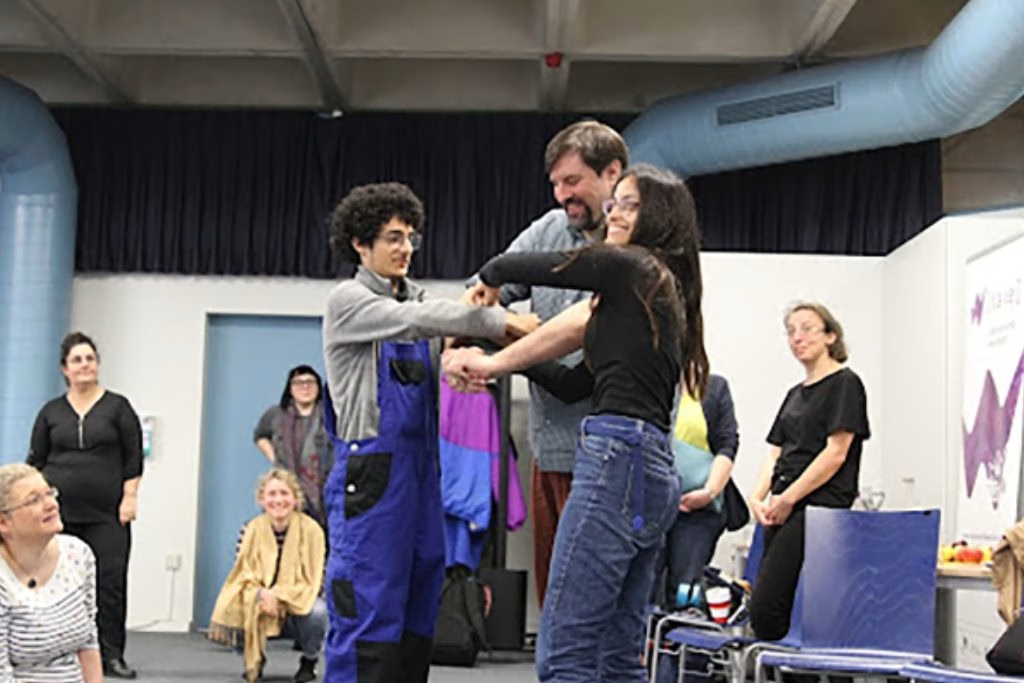
Enhancing Higher Education with Transdisciplinary Approaches at the University of Malta
Higher education institutions worldwide are increasingly recognizing the importance of integrating diverse disciplines to tackle complex societal challenges. The University of Malta has emerged as a leader in this shift by actively engaging in innovative projects like SciCultureD, which promotes transdisciplinary education. This approach not only broadens students’ perspectives but also prepares them to navigate and solve real-world problems with creativity and collaboration.
Understanding Transdisciplinary Education and Its Significance
Transdisciplinary education goes beyond traditional disciplinary boundaries, fostering integrated learning that combines sciences, arts, and entrepreneurship. This methodology emphasizes problem-solving, critical thinking, and active engagement, making education more relevant and impactful. At the University of Malta, initiatives like SciCultureD exemplify how adopting transdisciplinary strategies can enhance the academic experience and societal outcomes.
The SciCultureD Project: A Model for Innovation in Higher Education
The SciCultureD project, funded by the European Commission under the Erasmus+ Programme, marked a significant milestone in promoting transdisciplinary education across Europe. Led by the University of Malta in partnership with institutions from Norway, Greece, and Germany, the initiative aimed to merge scientific, artistic, and entrepreneurial practices through student-centered, challenge-based learning.
Over its three-year lifespan (2021–2024), SciCultureD successfully organized intensive courses in Greece, Germany, and Malta, engaging over 70 participants from various countries. These immersive experiences fostered co-creation and innovative thinking, encouraging students to devise solutions for sustainable societal challenges by integrating artistic creativity, entrepreneurial strategy, and social engagement.
Practical Outcomes and Impact
Beyond the coursework, the project reached a global online audience of more than 9,000 users from 83 countries, demonstrating its broader societal influence. Stakeholders from academia, industry, and civil society participated in events that showcased creative approaches to pressing issues, such as sustainability and community development. The highlight was the final arts exhibition, CONNECT – Communities for Change, and the concluding conference held in Malta, with keynote speakers from Malta’s Ministry for Education, Sport, Youth, Research and Innovation.
Long-Term Benefits and Future Directions
The SciCultureD project demonstrates how transdisciplinary education can generate lasting societal benefits, equipping future leaders with holistic problem-solving skills. At the University of Malta, this legacy is evident in the expanded curriculum, increased stakeholder engagement, and ongoing research collaborations.
As higher education institutions continue to respond to societal complexities, adopting such innovative approaches will be crucial. The University of Malta’s proactive participation in initiatives like SciCultureD showcases its dedication to pioneering transdisciplinary learning and fostering an environment where creativity, collaboration, and societal impact converge.
Learn How to Incorporate Transdisciplinary Methods into Your Educational Program
If you are an educator, administrator, or student interested in advancing transdisciplinary education, explore the resources and opportunities provided by the University of Malta and its partners. Engage with the free toolkit resources, participate in related workshops and seminars, and consider integrating transdisciplinary modules into your academic journey or institutional offerings.
Take the Next Step in Higher Education Innovation
Embracing transdisciplinary approaches not only enriches academic experiences but also equips individuals and institutions to contribute meaningfully to societal transformation. University of Malta’s leadership in this field underscores its commitment to shaping education that is relevant, collaborative, and solutions-focused.
Interested in Studying at the University of Malta? Start your academic journey at a well-established institution known for its vibrant campus life and strong academic foundation. Studygram is here to guide you through every step, from choosing the right program to understanding admission requirements. Fill out the form to receive personalized support and take the first step toward studying at the University of Malta.

